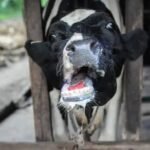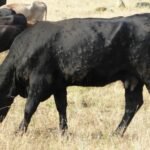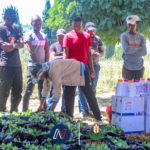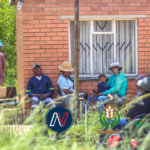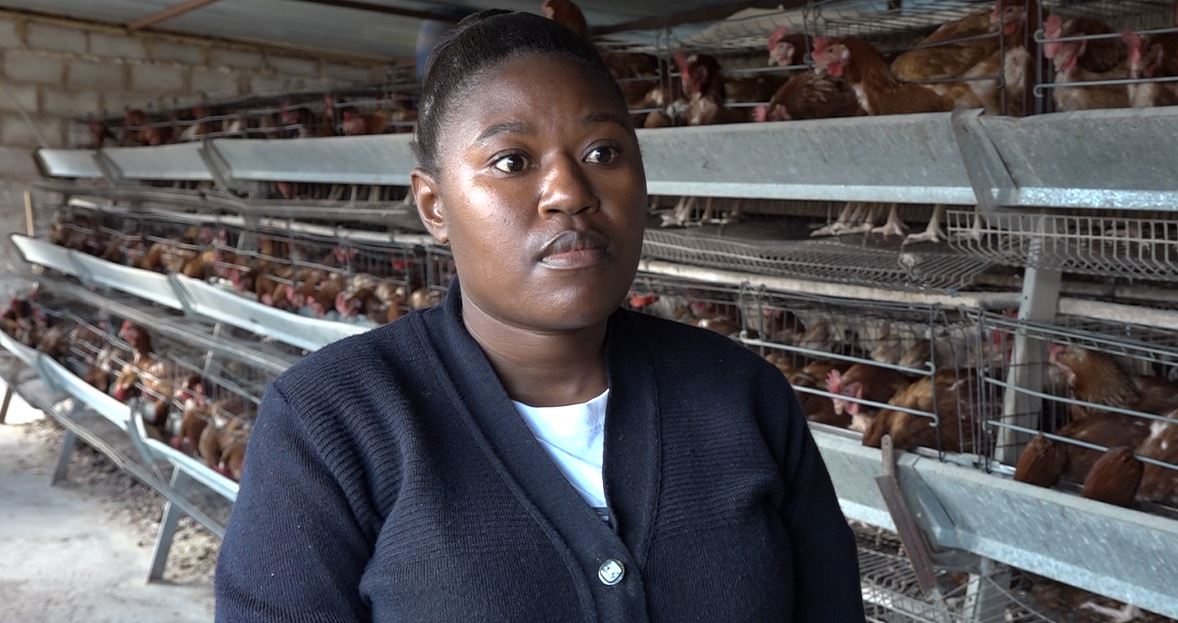By Seahlolo Reporter
Greenek Pty Ltd, founded by the determined and visionary Mamohase Rasekhethe Leribe, in the village of Ha Mojapela, is more than a poultry farm. It is a story of grit, resilience and the transformative impact of support through SADP II.
When the farm opened its doors in 2017, it began with just 200 chickens. It was a modest start, rooted more in determination than resources. But as the years unfolded, Greenek Farm weathered challenge after challenge, growing into a thriving enterprise that now houses more than 1,000 layers and has ambitions that stretch far beyond the cages.
Like many farmers, Mamohase’s path into agriculture was not laid out for her.
She admits with honesty that, at the beginning, she knew nothing about egg production.
“I knew nothing about an egg and that was the first challenge— not having enough information about the type of business I was about to run,” she recalls.
Yet what she lacked in knowledge, she made up for in determination. She observed, asked questions, and learned from other farmers. From a distance, she could see poultry farming’s potential and she decided she would not just admire it, but would join it.
Her motivation was deeply personal. She was seeking stability, a way to overcome the uncertainty of job insecurity and to carve out her place in agribusiness.
“I love farming and agribusiness. I was naturally drawn to poultry production, both as a practice and because of the quality of life egg farmers had. Now I realise that with commitment, there is indeed life in poultry farming,” she says.
But commitment alone was not enough. The farm faced repeated obstacles; access to water was limited, and layers require an immense amount of water. Extreme heat further disrupted egg production and the lack of proper infrastructure, such as cages with ventilation and enough space for movement, hampered growth.
Feed costs and climate unpredictability weighed heavily on the farm’s ability to remain profitable.
“All these challenges were overwhelming, especially because I did not know anything about the agricultural extension services provided by the Ministry of Agriculture, Food Security and Nutrition,” she recounts.
Her fortunes began to shift when, through conversations with other farmers, she was introduced to SADP II.
For Greenek Farm, the grant was a turning point.
With its support, the farm was awarded 1,500 chickens, water tanks for storage and a poultry structure that expanded operations.
“SADP II granted us with water tanks, chickens, and a proper structure. This was not just an addition, it was a rebirth for the farm, an olive brunch to excel,” says Mamohase.
Today, Greenek Farm is a model of progress, functioning with more than 1,000 chickens and supplying eggs to supermarkets, including larger outlets run by foreign retailers.
She indicated that the quality of eggs has improved through SADP II’s training workshops, which taught farmers how to handle and manage layer chickens, eggs, and overall farm efficiency.
“Our eggs now arrive at the market in good condition and with valuable quality,” she explains.
But the dream does not stop at supplying eggs. For Mamohase, the future lies in value addition.
Her next big step is to establish a mayonnaise manufacturing plant, ensuring that the eggs produced at Greenek Farm extend further down the value chain.
“I have a bigger vision for the farm. The SADP II grant has brought me closer to my goal of manufacturing mayonnaise and becoming a large-scale egg producer,” she shares.
Already in the research phase, she envisions a future where her farm’s products sit on supermarket shelves not just as eggs, but as packaged mayonnaise made in Lesotho.
The journey has not only changed her life but has also created opportunities for others with Greenek Farm employing two full-time workers and provides mentorship to aspiring farmers.
“I have mentees under my wing who want to learn from me about egg production. Men and women, some younger than me, some my age, and others older. I guide them from start to finish,” she explains.
To her, mentorship is an act of responsibility ensuring that her success becomes a doorway for others.
The impact of SADP II has stretched beyond infrastructure and chickens. It has instilled confidence, provided knowledge, and built a network of farmers who now work collectively to tackle challenges.
“One of the most pressing issues for poultry farmers in Leribe has been pricing. Unscrupulous buyers often manipulate prices by comparing quality eggs with cheaper, poorly produced ones and in response, poultry farmers in Leribe, including myself came together to form an association that will regulate egg prices. Farmers will prioritise an agreement of one price that applies to every poultry farmer in Lesotho,” she says with pride.
Her story speaks directly to young people searching for opportunities. As a young woman herself, she encourages her peers not to overlook farming.
“There is life in poultry farming as long as there is genuine interest and commitment to the practice. Chickens require patience and willingness to learn and with these qualities, a farmer will overcome challenges,” she advises.
Sponsored by


